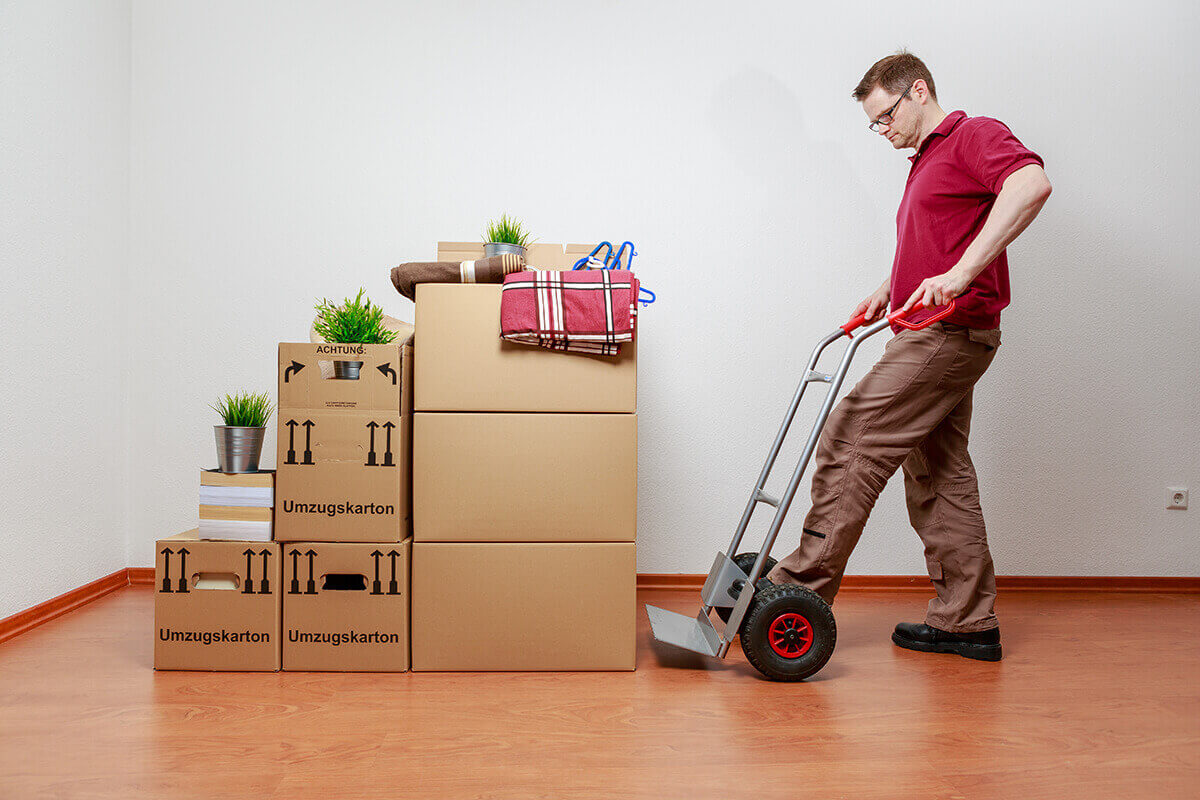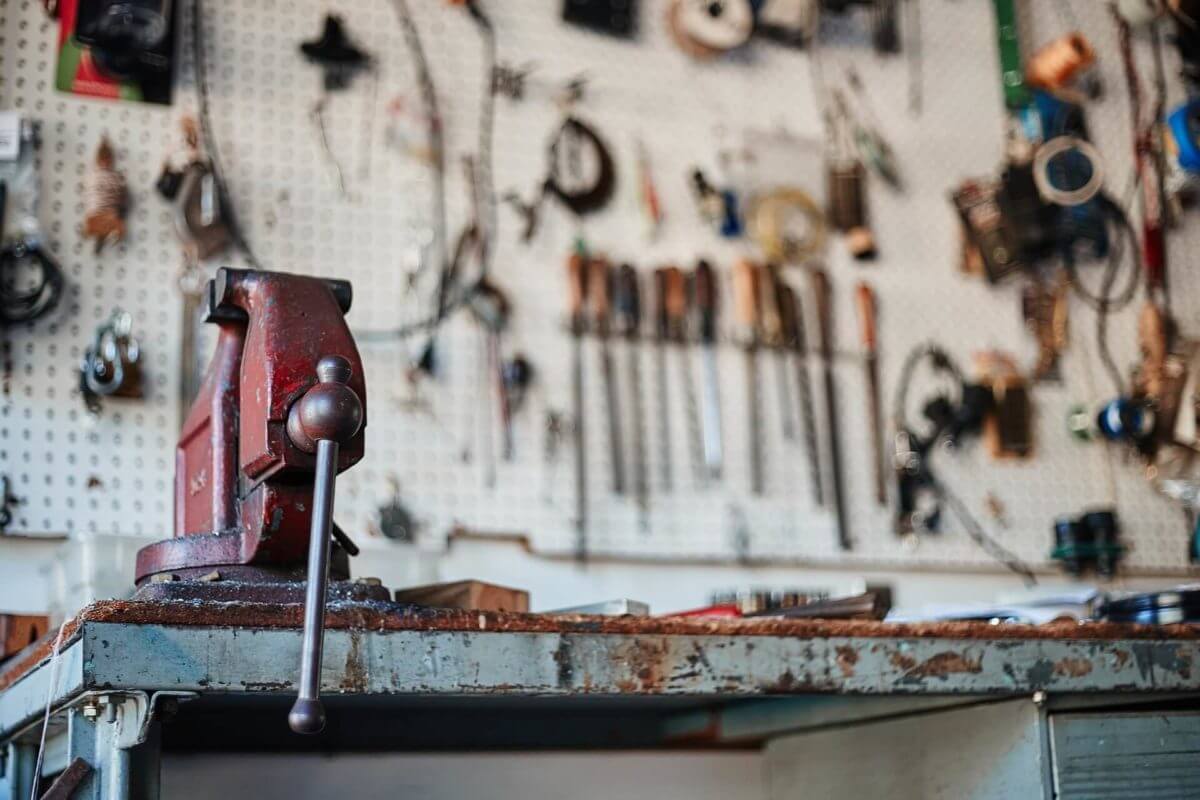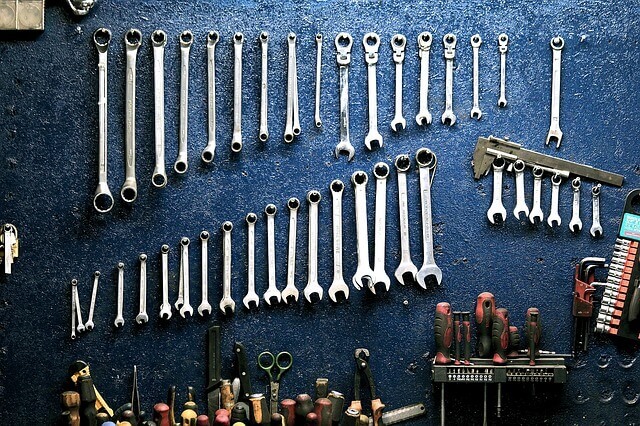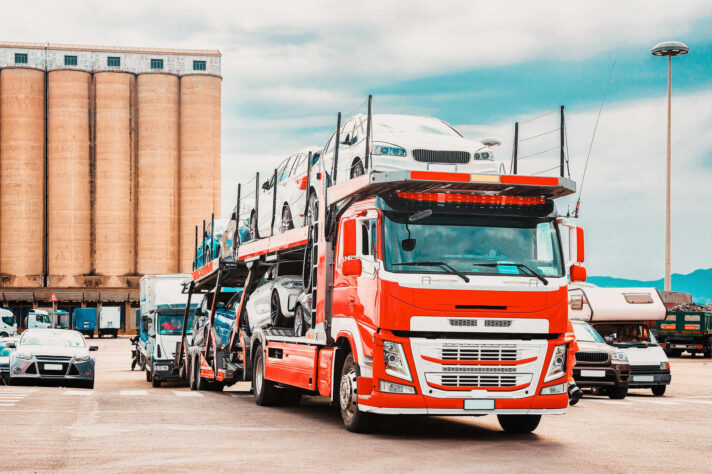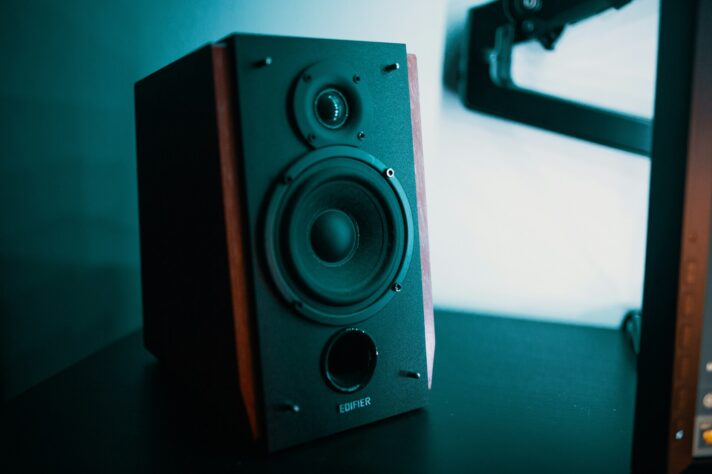Garages are places we think of last when we plan to move, which is why most people struggle with how to pack tools for moving. The things we keep in our garages are bulky, pointy, heavy and often hazardous, which makes them difficult to prepare for transport. That is why we often make the mistake of dealing with this problematic task the last.
There is a way you can box up all of your items
Tips to Help You Learn How to Pack Tools for Moving
You need to separate hand and power tools from other items and put them in small boxes. Don’t make the common moving mistake of placing them all in one large box as you will not be able to lift it or even if you do, the box will not hold. Screwdrivers, wrenches, and similar things are best kept in small packages or inside a toolbox, secured with crumpled paper to prevent it from shifting during transport. Power tools are best kept in their original boxes and placed into small moving ones. If you haven’t kept the original packaging, then wrap all the items and secure them with tape.
Try Looking for Specific Moving Supplies
Being heavy and pointy, tools require specific packing supplies. Boxes need to be robust and in various sizes. You will also need other materials:
- bubble wrap
- packing tape – lots of it as you will have to tape the boxes in all directions and in multiple layers, especially the bottom.
- packing paper or newspaper
- blankets for large things
Packing Garden Items
Medium size things like garden shears and hedge trimmers should be abundantly wrapped and taped, and placed in appropriate packages. Shovels, rakes, brooms and similar things should be gathered in one bundle, wrapped, and taped well.
A lawnmower is a bit tricky, as you need to drain the fuel and oil out first and dispose of it in the appropriate manner. Then protect the spark plugs with packing paper as they tend to get broken easily. Being so bulky and unusually shaped, the lawnmower would be difficult to pack in a box. So just find a suitable place for it in the truck and secure it as much as you can to prevent it from shifting during the transport.
Since it is constantly exposed to charcoal, oil, and ash, the grill is another item you need to clean first from grease and dirt. If it has a propane tank, bear in mind that you need to remove it, as it is not allowed in the truck. You’ll just have to transport it in your own vehicle or consider leaving it behind and getting a new one at your destination.
Sort the Items Before Packing Them
Similar to other rooms in your house, you have to make a selection of the garage items you really need to take with you. If your things are in good shape, you can sell them at a sale, donate to charity, or even ask your neighbors if they can make use of them. We advise you to sort the pieces first in several groups such as “sale,” “carry,” “unwanted items to donate,” and then proceed as planned.
Moving is a great opportunity to free your home of unnecessary things, especially if you’re moving into a smaller home or you want to reduce costs when moving. You will have less stuff to move and more money in your pockets so keep that in mind when house-hunting. On the other hand, if you own something expensive and you want to insure it, consider creating a photo inventory for moving insurance.
Before you start boxing up sort through your items
Label Everything
Labeling may seem trivial, but it will prove to be crucial in the long run. So do not forget to get markers and label all the boxes according to their contents. Write short and informative inscriptions such as “garage,” but also warnings such as “fragile” for breakables and glassware, or “up” and “down” if needed. Label the boxes you are going to donate as well.
Clean Out Your Garage
Once you have finished sorting and packing items and your home is free of the bulky things, you need to take care of all the liquids you keep there for various purposes, such as gas, oils, fertilizers, pesticides, paint, cleaning supplies and other chemicals. They need to be disposed of in a proper and safe manner, as prescribed by the law. They cannot be transported in trucks as they are flammable.
Decluttering can speed up boxing up process
Tips for Cleaning Your Garage
One of the best packing tips you can get to avoid moving stress is to start early. We recommend that you start packing these things first, as they are usually bulky and heavy. And once you clear your garage, it can serve as a transit area for other boxes from the house.
First, you need to prepare the boxes for loading and strengthen them if you want your things to get to the destination in one piece. That means you have to secure the bottoms with several layers of tape. While you’re at it, prepare the labels as well, because it will make the unpacking process easier for you.
After you have packed small things in a box filled with crushed paper and long things wrapped together, you can deal with harder things, such as power tools, which need to be drained of oil and gas. Another item that is usually kept in a garage is a bike. One of the best moving tips we can offer you is to dismantle it by removing the wheels and handlebars. If you do not have its original box, perhaps you can ask in a bike store if they have some extra ones. Or use large boxes and tailor them according to the size of your bike.
Leave Anything You Don’t Need
If you are just clearing your home for pragmatic reasons and not for relocation, the procedure is more or less the same. You need to sort the pieces in several categories, pack clothes, furniture, and other items meant for charity, and price the ones you are planning to sell at a yard sale. But make sure you have carefully decided which stuff you really need, as you do not want to end up missing certain tools a month after you got rid of them. Leaving unnecessary things behind is also good for reducing relocation expenses, even if you’re relocating to the suburbs nearby.
Bringing stuff you don’t need will mean a more expensive move, and you don’t need that, especially if you’re checking the safety of the neighborhood and moving alone to another state. If you want to save money, choose the cheapest time of the year to relocate (because that’s the best time of the year to move) and take only what you really need. That would be the cheapest way to move out of state, no matter what are your reasons to move.
